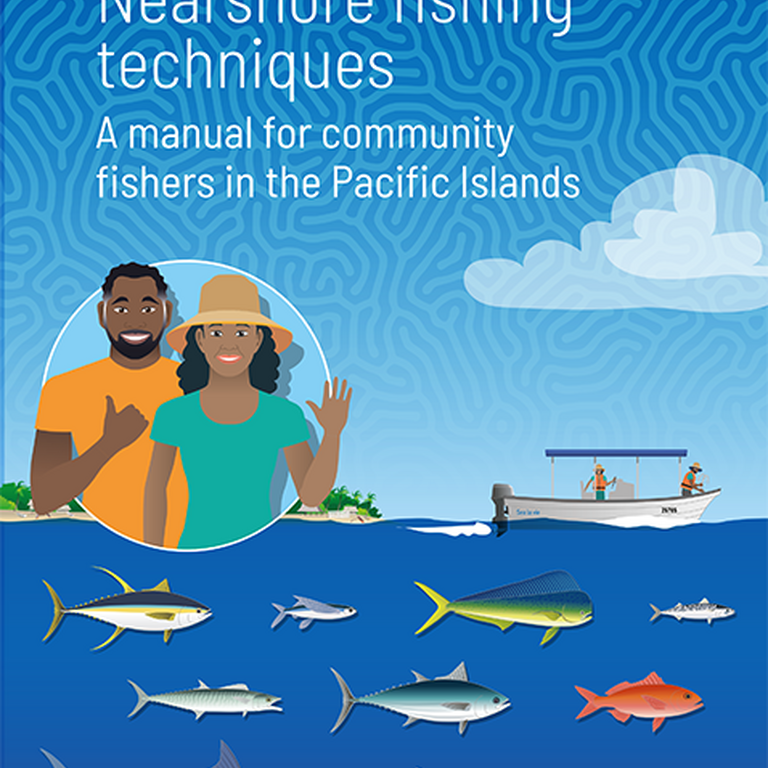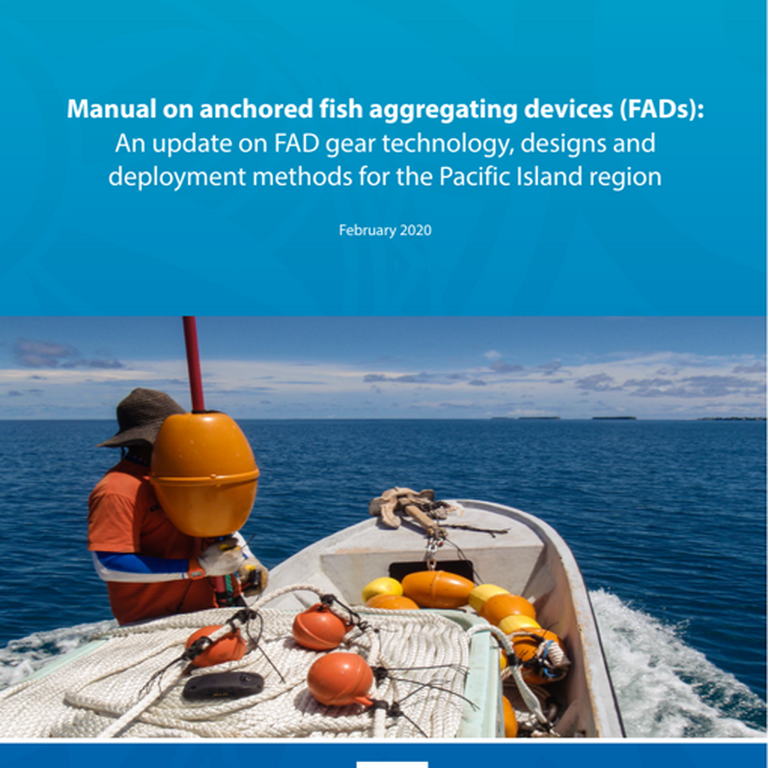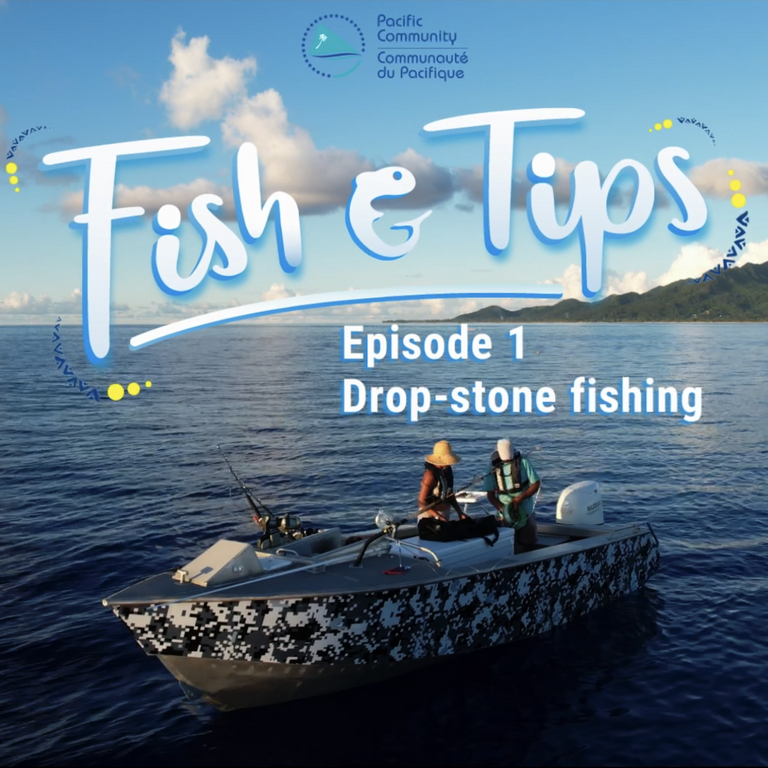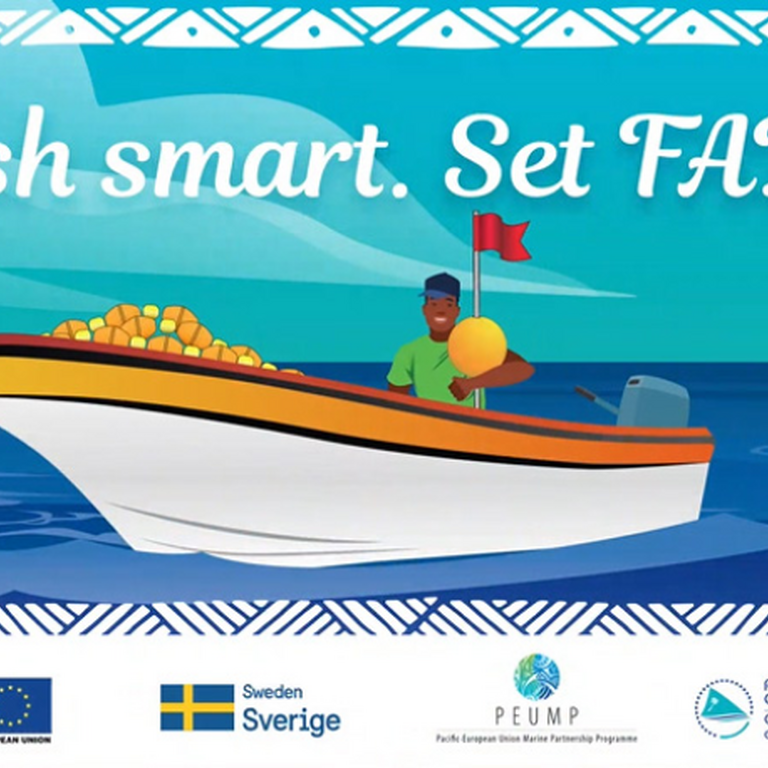Working with Pacific fishing communities to support sustainable livelihoods and reduce the pressure on marine resources
Fish and fishing are vital to the Pacific region, often forming the backbone of local economies and cultures. Many people in the Pacific rely heavily on these resources for nutrition and for their livelihoods, with fish-based activities tightly woven into the social fabric of Pacific Island communities. Ensuring that these communities can retain their resilience to challenges such as natural disasters, climate change impacts, and pandemics, which disrupt access to and distribution of aquatic foods as well as impacting on other livelihood activities, is a key priority for our members.
Balancing the demands for food and employment with protection and management of fisheries resources presents a further challenge. Traditional knowledge held by coastal communities plays a significant role in conservation and management, but also in providing opportunities to diversify marine-based activities to supplement income and reduce pressure on resources.
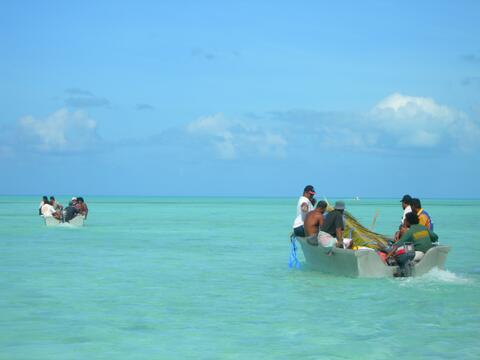
Training and advice for sustainable livelihoods
The SPC FAME division has a dedicated sustainable livelihood unit that provides advice and support to our members on a number of areas related to sustainable livelihoods and food security. Our aim is to offer members tailored technical assistance and advice on areas such as fishing methods, sea safety and small-scale fisheries opportunities. Our team have many years’ experience of working across the Pacific with considerable knowledge regarding the diversity of our members, their traditions, cultures, and individual marine priorities.
We provide training to members on small scale fishing operations, to improve on fishing techniques, as well as occupational health and safety training covering safety at sea and safe fishing practices. Other training courses in this area include basic seamanship and navigation, basic fishing operations book-keeping, seafood safety and value-adding (onboard handling and preservation of fish), post-harvest processing, and marketing.
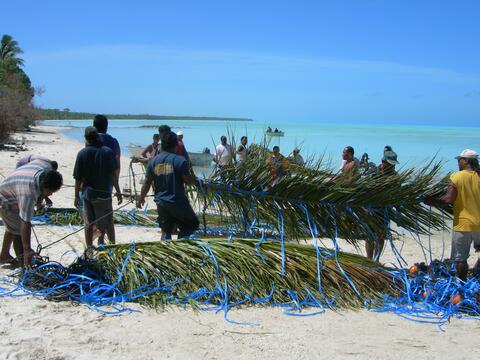
Anchored fish aggregating devices (aFADs)
The use of anchored fish aggregating devices (aFADs) to increase food security and livelihoods has been a successful initiative for some of the region’s small-scale fisheries. It is important for long-term FAD programmes to be developed and implemented at the national level in order for these initiatives to be sustainable, and we can support members in establishing and operating a FAD programme. Our FAD development work covers FAD programme planning, FAD community consultation and awareness, FAD site surveys, FAD rigging and deployment, FAD maintenance, and data collection and monitoring.
How can we help?
Identifying and developing opportunities to diversity livelihoods for fishing communities is key to the sustainable use of fisheries resources and for supplementing incomes. We work with our members to develop diverse nearshore fishing activities, such as targeting alternative and under-utilised species, and can offer advice on new techniques and equipment.

